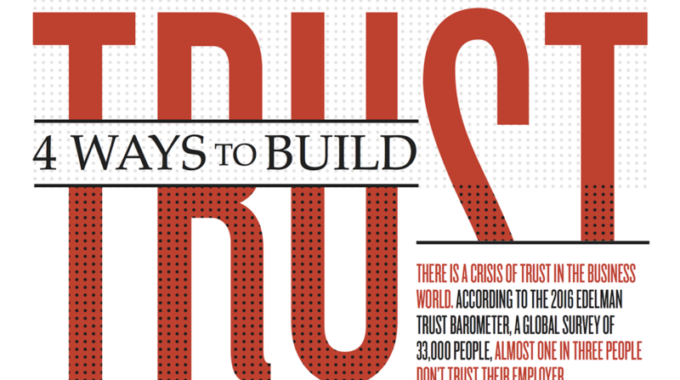Leaders tend to create teams in ways that do not include an understanding of team…

Is leadership character important?
How important is character to leadership? How important is it to a leader’s ability to lead? Is the inverse – lack of character – a deficit to effective leadership and business performance? What is character and how do employees within an organization view it?
The dictionary definition defines character as the way someone thinks, feels, and behaves; someone’s personality; a set of qualities that are shared by many people in a group, country, etc.; a set of qualities that make a place or thing different from other places or things. In business organizations we think of character mostly in terms of good or bad character. We have all worked for a leader who we viewed as having good or bad character. When we see or hear about leaders who are unethical or who lack integrity we might say that this leader has poor character.
Does good or bad character matter to business results or on the impact of leading an organization? In a recent Harvard Business Review article titled Measuring the Return on Character, April 2015, KRW International, a Minneapolis based leadership consultancy firm, studied companies in an effort to determine if there was a correlation between character traits and business performance. They defined 4 key characteristics and from surveys and interviews they measured the following characteristics: Integrity, Responsibility, Forgiveness, and Compassion. Against these four characteristics employees rated the top ten CEOs almost 20 points higher than the ratings for the bottom 10 CEO’s. And, those with the high marks had an average return on assets of over 9.00% over a two-year period. That was nearly 5 times higher than the lower rated CEO’s.
How character affects an organization
What employees said about the high rated CEOs was that they stood up for what’s right, they expressed concern for the common good, they let go of mistakes and they showed empathy. On the other end of the spectrum, the lowest scored CEO’s were described as warping the truth for personal gain, caring mostly about themselves and their own financial security no matter the cost to others. They also couldn’t be trusted to keep promises, often passed blame on to others, punished well-intentioned people for making mistakes and were especially bad at caring for people. Interestingly, these lower rated CEO’s rated themselves higher than their employees indicating a deluded self-insight. And, the higher rated CEOs rated themselves lower than their employees did indicating a sign of humility.
How does a leader change elements of character to improve and to be more effective? It isn’t easy and it requires that the leader first get past their own self-denial. Then, with a trusted coach, they can identify the long held beliefs that can be changed to move towards positive characters and improved behaviors. It takes time and a desire to change but it can happen and in the process, make an organization stronger, the leader more effective and improve business results.



